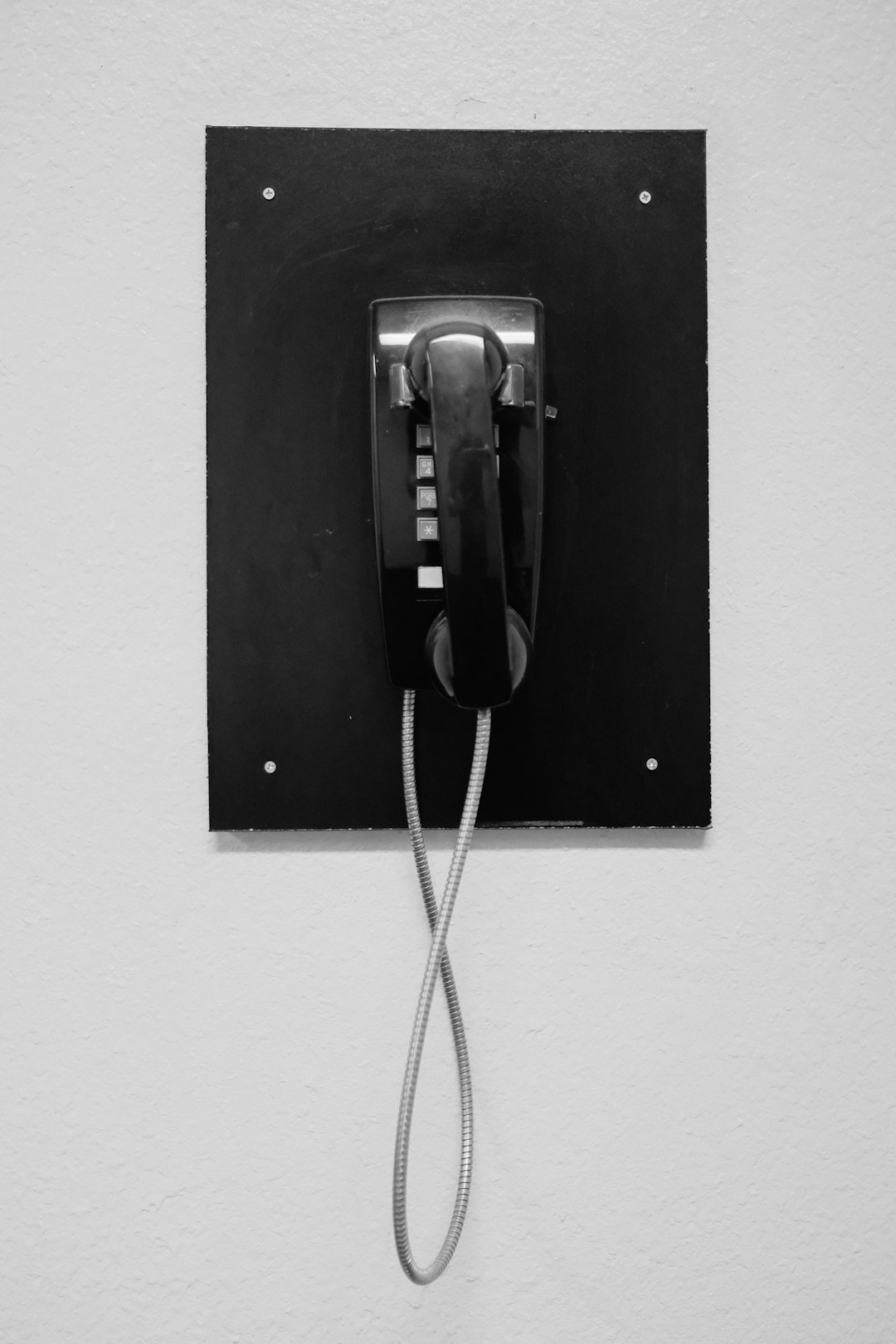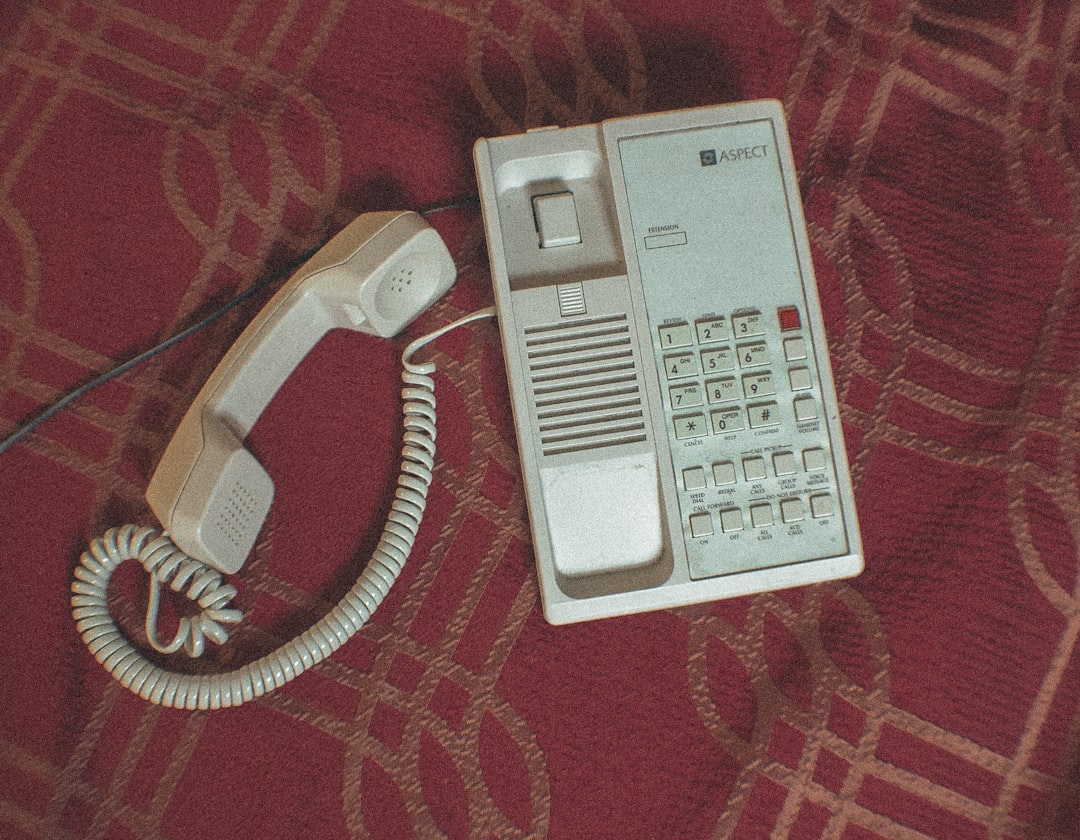Robocall technology, used responsibly and regulated by laws like Rhode Island's Spam Call Law, offers businesses an efficient client outreach tool. In response to a surge in spam calls, this law protects residents from excessive marketing by empowering them with blocking tools and legal recourse. Law firms in Rhode Island are adopting robocalls for legitimate purposes, such as appointment reminders and targeted marketing, while avoiding illegal practices that could result in penalties from the spam call law firm. Woonsocket residents can minimize unwanted calls through list registrations, privacy protection, and call-blocking apps, with legal aid available from a spam call law firm if necessary.
“In today’s digital age, Robocall technology has become a ubiquitous part of our daily lives, particularly in Woonsocket, Rhode Island. This comprehensive guide aims to demystify robocalls, offering a clear breakdown of their operation and impact. We explore the rising trend of spam calls and their legal implications under Rhode Island’s consumer protection laws. Additionally, we delve into how law firms leverage robocall systems for legitimate purposes. Armed with this knowledge, Woonsocket residents can better navigate the spam call landscape and protect themselves from illegal practices.”
Understanding Robocall Technology: A Basic Breakdown

Robocall technology, at its core, involves using automated systems to make a large number of phone calls. These systems are designed to mimic human-initiated calls but are actually controlled by software. The process begins with data gathering—the robocall system collects contact information from various sources, including public records, online databases, and purchased lists. Once the data is gathered, it’s programmed to receive pre-recorded messages or live agents who follow a script.
The technology then uses algorithms to dial numbers en masse, often aiming to reach as many potential clients as possible, sometimes even breaking spam call law firm Rhode Island guidelines. Despite their effectiveness in reaching a wide audience, robocalls have gained a reputation for being intrusive and frustrating due to the volume at which they’re made and the lack of personalization. However, when used responsibly and in compliance with regulations, robocall technology can be an efficient tool for businesses, especially for law firms seeking to reach potential clients quickly.
The Rise of Spam Calls and Their Legal Implications in Rhode Island

In recent years, the influx of spam calls has significantly increased across the country, including Rhode Island. With advancements in technology, telemarketers and scammers now have sophisticated tools to reach consumers en masse, often making it challenging for individuals to distinguish legitimate communication from unwanted intrusions. This rise in spam calls has led to a growing need for robust legal frameworks to protect citizens. In Rhode Island, the Spam Call Law Firm plays a crucial role in addressing this issue.
The state’s legislation aims to curb excessive and fraudulent phone marketing by imposing strict regulations on telemarketers. These laws empower consumers with rights to block unwanted calls and offer remedies for those who fall victim to spamming. By holding businesses and individuals accountable, the law firm ensures that telemarketing practices are ethical and transparent, safeguarding the privacy and peace of mind of Rhode Island residents.
How Law Firms Are Utilizing Robocall Systems

Law firms in Rhode Island, like many across the country, have embraced robocall technology as a powerful tool for client outreach and communication. Instead of relying solely on human call centers, they are leveraging automated phone systems to make bulk calls, including spam call law firm initiatives. These systems allow for efficient and cost-effective marketing strategies by enabling firms to reach a large number of potential clients simultaneously.
Robocall systems offer several advantages for legal practices. They can automate repetitive tasks like making appointment reminders, sending out informational messages, or even delivering legal notifications. This not only saves time but also ensures consistent communication with clients. Moreover, with the ability to quickly update and personalize messages, law firms can effectively target specific demographics or individuals who have expressed interest in their services, reducing the risk of unwanted calls often associated with spam call law firm practices while maximizing engagement potential.
Protecting Yourself: Navigating the Spam Call Landscape in Woonsocket

In the age of advanced technology, Woonsocket residents often find themselves on the receiving end of unwanted robocalls, which can be a nuisance and even a violation of privacy. Protecting yourself from these spam calls is essential, especially given the growing prevalence of automated telemarketing campaigns. One effective strategy is to register your number with Do Not Call lists, both at the state and federal levels. Rhode Island has its own Do Not Call registry, allowing residents to opt-out of most marketing calls.
Additionally, keeping your contact information private and being cautious about sharing it online or over the phone can significantly reduce spam calls. Many reputable companies now adhere to strict anti-spam call laws, so being mindful of who you provide your details to can make a difference. Consider using call blocking apps or features on your smartphone to screen out unknown numbers, ensuring peace of mind and a quieter home environment.






